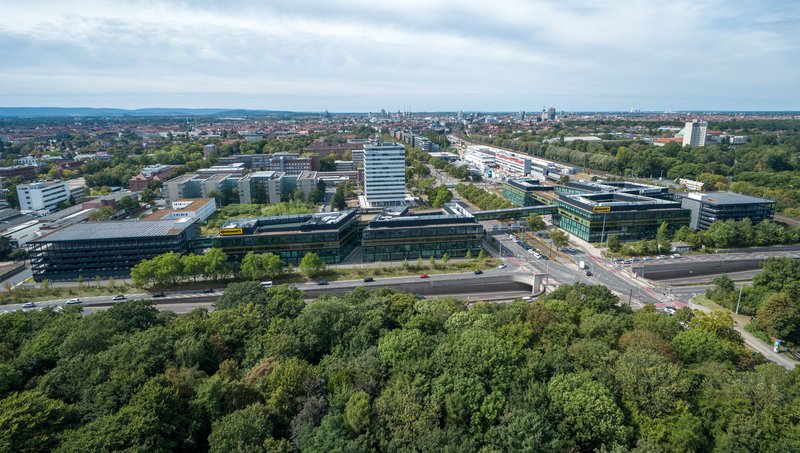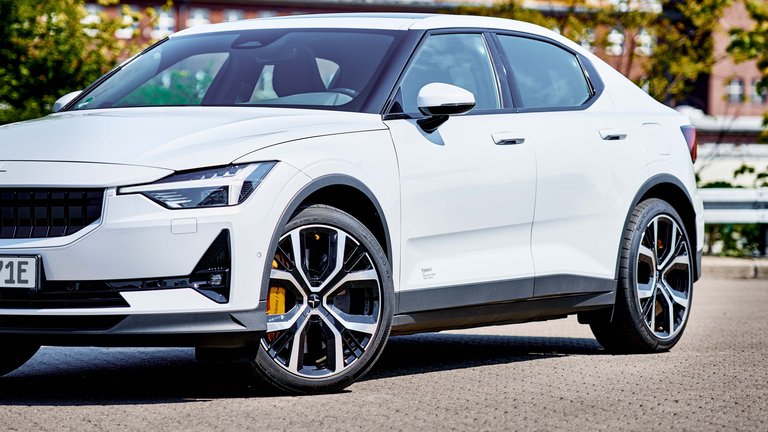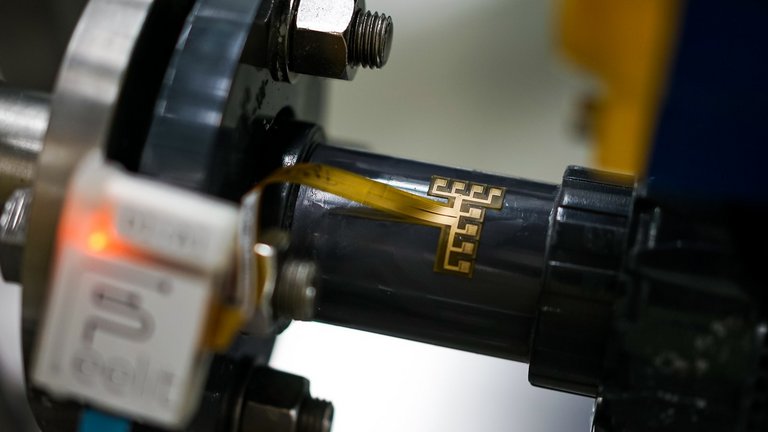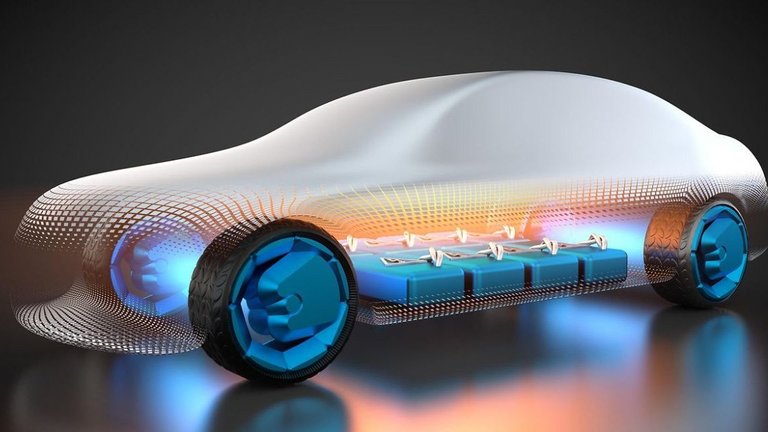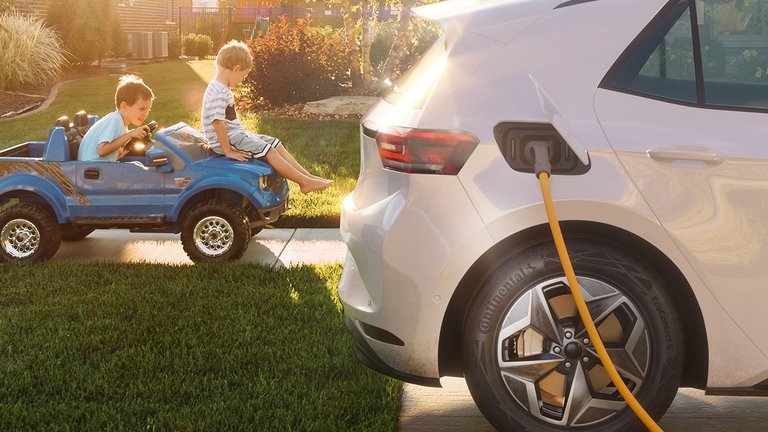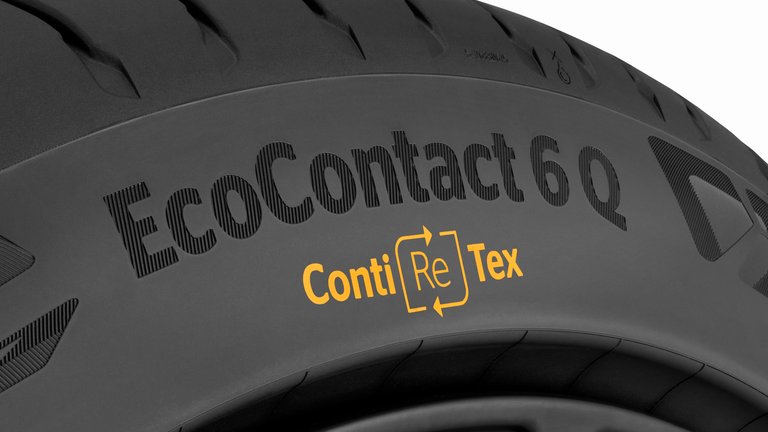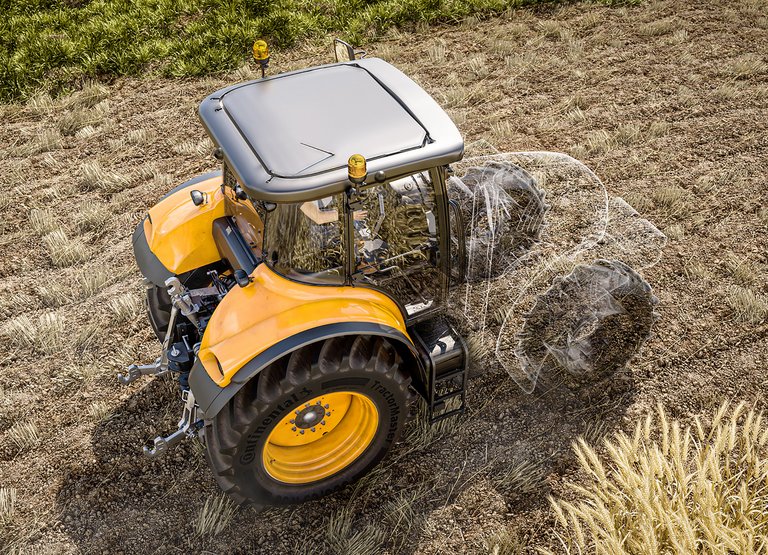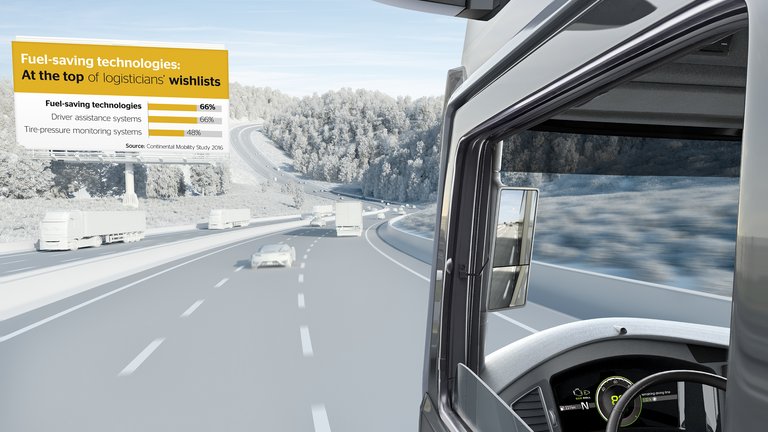Other Publications
Continental and AUMOVIO
A Shared Story in Pictures
With the planned listing of AUMOVIO on the stock exchange on September 18, 2025, a significant chapter in Continental’s history is coming to a close. To honor the long-standing partnership and shared successes over the past decades, Continental has created a graphic novel – a visual narrative that tells the story of Continental and AUMOVIO from the early days of Automotive in Stöcken over 30 years ago, when the “Automotive Systems” sector was founded, to the present day.
Our Sustainability Ambition
For Continental, sustainability means doing the right things for our people and our planet while driving innovation and business success. We are passionate about sustainability and that is reflected in our Sustainability Ambition.
Into the Electric Future of Mobility with Continental
Electric mobility is capturing the interest of more and more people and is now experiencing a global breakthrough. Continental is at the forefront of this electrification. Beyond innovative drive systems, its product range extends from pioneering tires to advanced thermal management systems that help extend battery life. Here are three examples from Continental’s e-portfolio:
Efficient Fleet Management – Digital, Connected and Sustainable
Continental has compiled several white papers covering the entire portfolio of solutions for efficient and sustainable fleet management in the passenger car, bus, van and truck segments. The papers provide journalists, logistics companies, professionals and all other interested parties with an informed insight into the challenges currently facing vehicle fleets in Europe. Continental customers and our company’s own experts talk about their real-word experiences, new technologies and prospects for the future. The focus is on efficient tire management. Sustainability and digitalization are essential here. The total volume of the European logistics market is 1.115 trillion euros. Large fleets of vehicles are in daily operation on the continent’s roads, connecting markets, forming supply chains and laying the foundations for mobility. The passenger car fleet in Europe numbers some 250 million vehicles, while the truck fleet is made up of around 6.4 million vehicles. According to the European Commission, trucks, buses and coaches are responsible for about six percent of total greenhouse gas emissions in the EU. Looking forward, emissions from new trucks are to be cut by 90 percent by 2040 (compared to 2019). And all new buses should produce zero emissions by as soon as 2030. Tires have a major impact here on fleet sustainability and costs.
Study “Agriculture in Transition”
Farmers around the world do not feel adequately prepared for the upcoming transition to more efficient and sustainable ways of farming. This is one of the key findings of Continental’s “Agriculture in Transition” study. On behalf of Continental, the market research institute Innofact AG surveyed over 500 farmers in Brazil, Germany, France, Japan and the USA about the challenges they are currently facing and their expectations for the future development of their industry. Find out more

